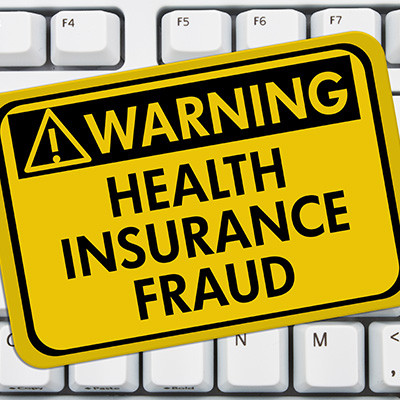Directive Blogs
The NY State of Health Enrollment Period Presents the Opportunity for Scams
With the end of the year upon us, New York State’s health insurance markets and assorted health plans are open. Current enrollees received renewal reminders a few weeks ago, prompting them to act before their coverage lapses.
Unfortunately, as is often the case in such situations, this urgency has given scammers the opportunity to target New Yorkers trying to maintain their insurance coverage.
Let’s explore some of the scams that have already been used to take advantage of New Yorkers just like you. While we do, we’ll go over some steps that will help keep you from becoming a victim as well.
New York Officials Have Repeated Their Warnings About Scams
Having already voiced concerns about healthcare coverage-based scams in May, both Attorney General Letitia James and the State Health Commissioner Dr. James McDonald repeated those warnings just before the current enrollment period began.
Dr. McDonald stated, “I encourage all New Yorkers to continue to be very cautious and follow important guidelines such as keeping personal information private and looking for the official New York State of Health, Medicaid, or State Department of Health logos on forms before completing them. We want all residents to protect themselves from these fraudulent activities.”
As for AG James, she also wanted to encourage New Yorkers to remain aware of the threat. As she said, “I urge all New Yorkers to be vigilant and I encourage everyone to contact my office immediately if they think they’ve been approached by a scammer.”
Health Insurance Scams are Growing More Popular
Unfortunately, health insurance customers throughout the Empire State can easily be targeted via a variety of scams. Some of these include:
Payment Coercion
Some scammers will call up a potential victim and “inform” them that their insurance is slated for cancellation (if not already canceled) if they do not immediately pay hundreds of dollars to retain their benefits. Naturally, these payments go right to the scammer.
If you find yourself being contacted by someone who needs payment in order to maintain your health coverage, don’t take the bait. Instead, independently go to the New York State of Health website and log in to check via the official channels.
“Helpful” Calls
Scammers will frequently call New York residents, often from other countries, offering assistance with renewing or enrolling in coverage. While the victim thinks that they are taking care of an important task, the truth is that their information is being stolen.
If you’re being contacted from another country to enroll or renew your coverage, you’re being targeted by a scam. It’s as simple as that—although determining where the call is coming from may be a challenge.
Rewards in Exchange for Enrollment
While it would sure be nice to get a cash payment or gift card in exchange for signing up for health insurance, this falls firmly in “too good to be true” territory. Any offer of compensation is a sure sign of a scam.
If you’re being offered anything to enroll in coverage, or renew what you already have, pump the brakes. While the idea of getting some form of kickback for getting insurance coverage does sound nice, that’s how the scammers get you.
Please, Be Careful as You Renew Your Health Coverage
Always use the official website, nystateofhealth.ny.gov, when working to obtain your insurance coverage… and always keep an eye out for signs of scams.
While we’re not in the business of protecting data on an individual basis, we can help the businesses of Upstate New York protect their data from scams and cyberthreats. Learn more about our cybersecurity services by giving us a call at 607.433.2200, or by visiting our cybersecurity page.


